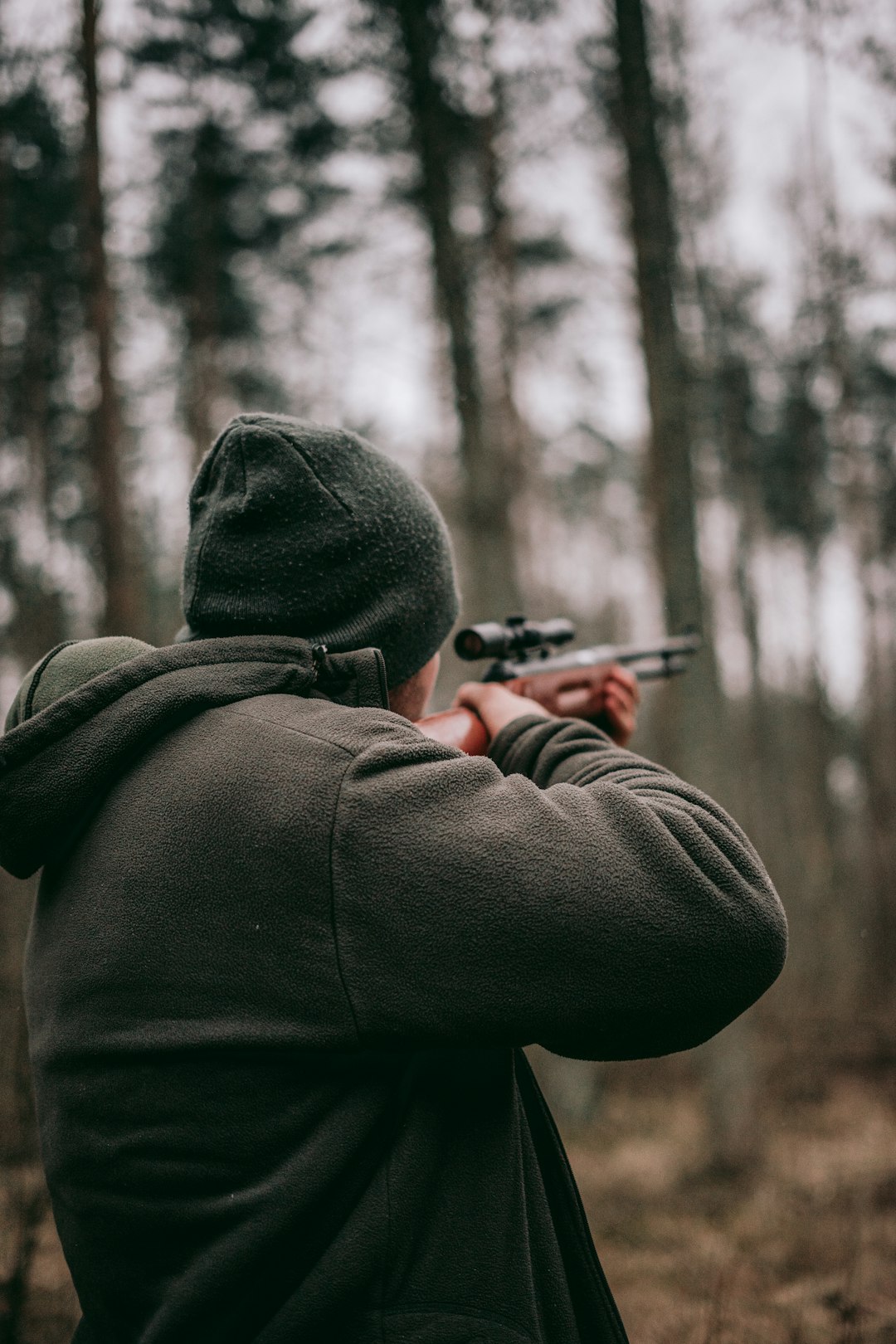Time to tighten up Germany's gun laws
The German government is planning to ban ‘military-style’ semi-automatic guns.

The Story
The German government is planning to tighten the country’s weapons laws in the wake of two incidents that have raised fears that it is too easy for criminals to get their hands on guns.
Firstly, the uncovering of a mad plot to overthrow the democratically elected government and replace it with a monarchy in December revealed that, while the alleged plotters may have been completely out of touch with reality, they still knew how to get hold of lethal weapons.
Police found close to 100 weapons in the homes of the Reichsbürger suspects, including 19 pistols, 25 rifles, blank-firing guns and a cross bow.
In the second incident, gangs of rioting youths in Berlin and other cities used blank-firing pistols to threaten people over New Year. In one incident in Hamburg, a youth pointed an imitation pistol at a bus driver, forcing him to stop his vehicle. When the bus came to a halt others bombarded it with fireworks.
Current German law allows people to buy semi-automatic weapons including rifles like the AR-15 - a favourite of gun maniacs in countries like the US. Meanwhile, the law on blank-firing pistols is so lax that you don’t even need a weapons licence to buy one.
That is now likely to change. A leaked copy of a draft law has revealed that the government is planning to ban ‘military-style’ semi-automatic guns.
“These weapons have a particularly pull for certain groups of people and perpetrators and have a high relevance for terrorist acts,” the draft law states.
The interior ministry also wants to ensure that blank-firing guns can only be sold to people who possess a kleine Waffenschein (small weapons licence), meaning they would only be available to people over the age of 18 who have no criminal record.
What has the reaction been?
Given the fact that the vast majority of gun owners respect the law, further restricting access to guns “wouldn’t be proportionate,” argues Constantin van Lijnden in Die Welt newspaper. Let’s not forget that none of the guns that were seized from the Reichsburger plotters were semi-automatic - and the rules for obtaining these are already strict. On the other hand, requiring a weapons licence for blank-firing pistols is sensible: it would keep them out of the hands of wannabe gangsters. “But don’t kid yourself into thinking that such a ban will prevent the next riot.”
It is a sad fact that politicians only change our lax gun laws when terrible things happen, writes Markus Balser in the Süddeustche Zeitung. It took the 2019 murder of Kassel’s town mayor by a neo-Nazi before Merkel’s government accepted that gun licences shouldn’t be handed out willy nilly. It’s true that further restrictions will limit the law abiding majority of gun owners, but it’s also true that killers have repeatedly joined gun clubs in order to obtain weapons. “Politicians now have little choice but to regulate gun sports and access to shooting ranges.”
What is really going on here?
Living in my Berlin bubble, I only recently found out how central gun clubs are to rural life in much of Germany.
An acquaintance told me that it was one of the proudest moments of his childhood when his father was crowned Schützenkönig (shooting king) in his small town and he got to join the parade.
The position of Schützenkönig came with a lot of responsibility. His father basically had to ensure that the village had access to a steady flow of alcohol at the shooting club, he recalled.
At least in his village, the Schützenverein (shooting club) was the centre of social life.
The importance of gun sports to German rural culture probably explains why there are over five million licenced weapons in the country, easily the highest number in western Europe.
When gun laws were last tightened in 2021 gun clubs complained that they were being laws stigmatised and burdened them with pointless bureaucracy.
But it is also incontrovertible that some of the people who’ve gone on killing sprees in recent years have either been members of such clubs are had access to guns through family members.
Where is the balance between respecting a traditional sport that acts as a glue in rural regions and protecting people from the whims of nutters?
One thing that is worth considering is that strict gun laws don’t necessarily mean a more peaceful society.
The UK has tighter gun controls than Germany. While that translates to a lower gun death rate (0.22 per 100,000 people vs 1.22), the UK still has a higher murder rate than Germany.
This is a free email to everyone on my mailing list, please share it to help grow my audience.



